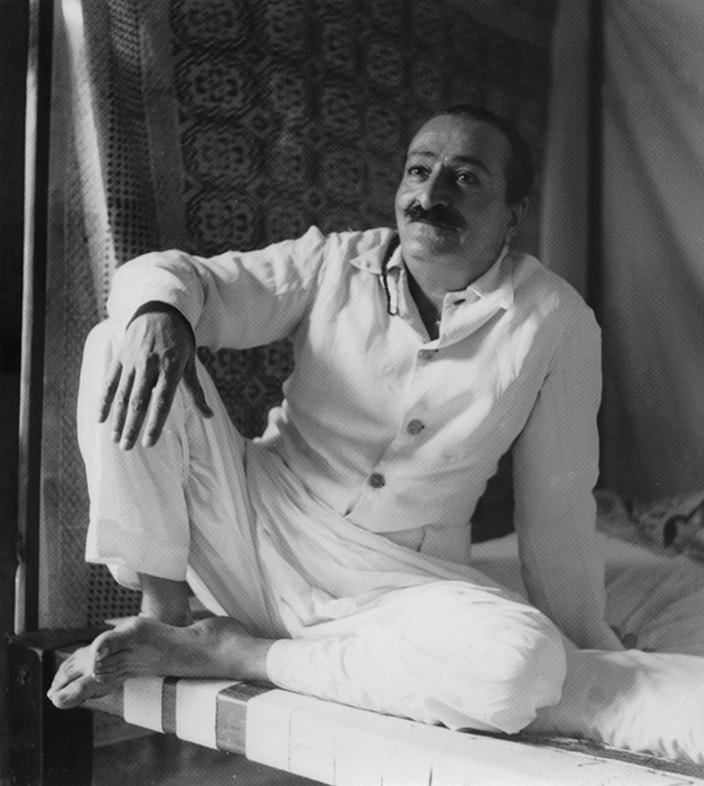
Slowly and gradually, the Master takes his disciples to the illimitable Truth. If there is too much hurry, there is the risk of the disciple dropping his physical body or of being a majzoob; for, in that case, his ego-mind gets annihilated prematurely.
Every individual requires separate and individual treatment, just as the different parts of the body, when out of order, require specific treatment according to the nature of their disorder. Specific treatment enables the different parts to be restored to their normal and healthy functioning. Then they can all work in perfect harmony for a common purpose. All individuals are, as it were, parts of the universal life of Truth and each requires special treatment.
In the worldly stages of established religions, as well as in the earlier stages of the inner path, there are diverse, helpful rules according to the approach taken (Marga, Talim or Rah). But the aspirant should know from the beginning that in the final illumination there are no rules at all. Nor can the final illumination be brought about by the observance of any rules. It has to be entirely left to the grace of the Truth-realised Master.
The mind of the accepted disciple is like a wheel, turning most of the time in only one direction. It is unwinding the acquired impressions. But the mind of others, seeking without a Master, is like the balance-wheel of a watch. As a rule, it moves in both directions. It sometimes unwinds the impressions, but often it also winds them up.
It is, however, very rare for the mind of man to be finally turned away from the allurements of the world. In order to awaken you from a smooth and pleasant dream, some frightening thing like a tiger has to appear in the dream itself. In the same way, some ghastly and unwelcome thing has to occur in the life of those immersed in the world, if they are to get disillusioned and reverse the direction of their mind. Such reversal of direction first expresses itself through increasing detachment from the body.
-Sparks of the truth, pp. 45-46, C. D. Deshmukh